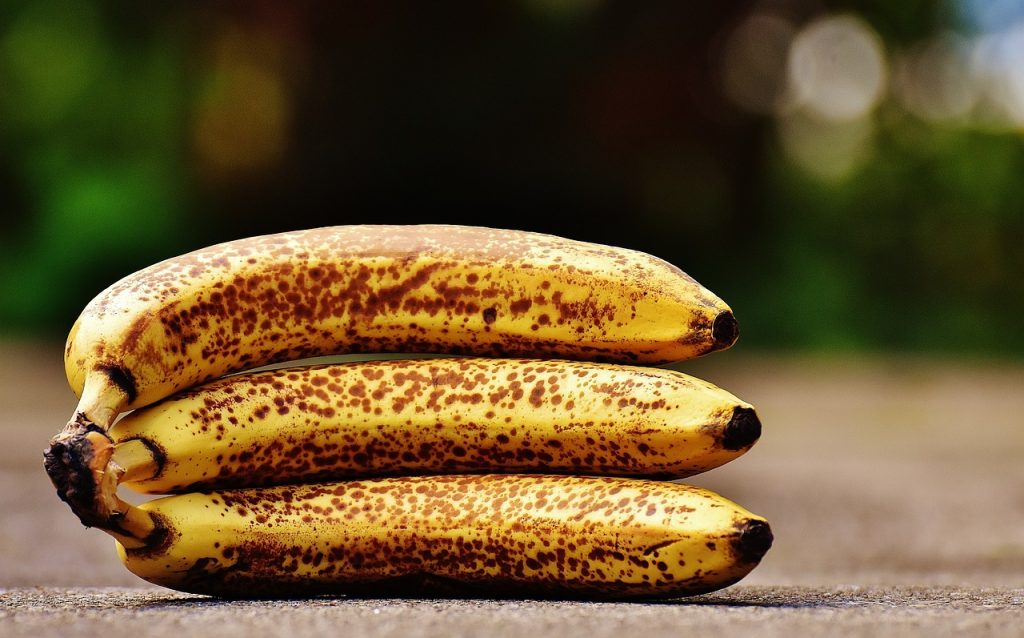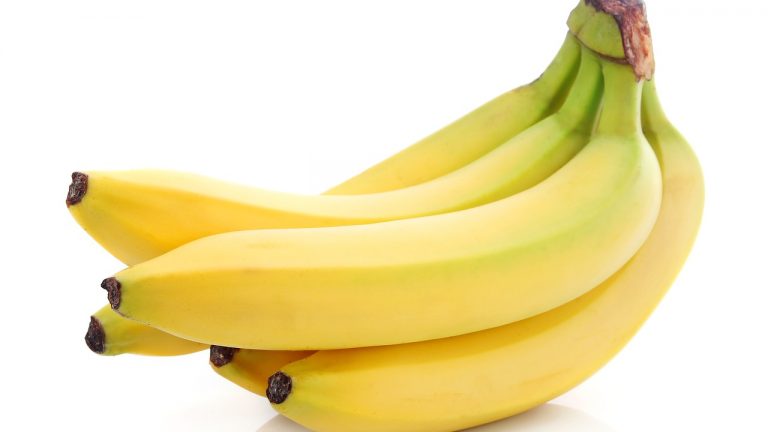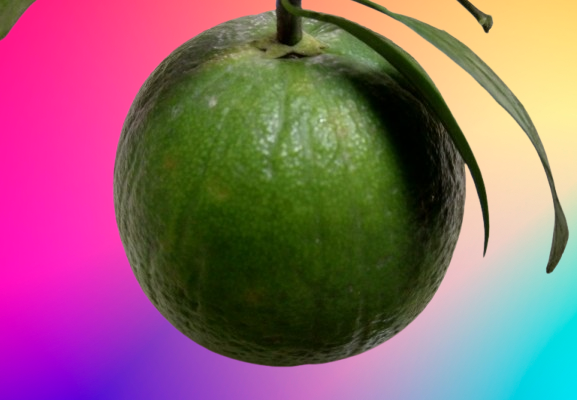Bananas are one of the most accessible and nutritious fruits you can include in your diet. They offer a wide range of health benefits thanks to their rich composition of vitamins, minerals, and natural sugars.
To begin with, bananas provide a quick energy boost. The natural sugars—glucose, fructose, and sucrose—break down easily, supplying instant fuel for your body. This is why athletes often choose bananas as a pre- or post-workout snack.

Digestion is another area where bananas shine. They are high in dietary fiber, which promotes regular bowel movements and prevents constipation. The fiber also nourishes healthy gut bacteria, helping maintain a balanced digestive system.
Heart health benefits from bananas, too. They are packed with potassium, a mineral that helps regulate blood pressure and reduces the chances of heart-related diseases. Eating bananas regularly supports healthy heart function.
On the mental health front, bananas contribute positively as well. They contain tryptophan, an amino acid that helps the body produce serotonin — often called the “feel-good hormone.” This can help stabilize mood and reduce feelings of stress or anxiety.
Bananas also contribute to healthy skin and hair. Their vitamins and antioxidants help brighten skin and promote strong hair growth.
All in all, bananas are a versatile, wholesome fruit suitable for people of all ages. Whether eaten as a quick snack or incorporated into meals, they support overall well-being with ease and affordability.
Including a banana or two each day can be a simple yet powerful step toward a healthier lifestyle.
Bananas offer Numerous Health Benefits, Making Them a Popular and Nutritious Fruit. Here Are Some Key Advantages of Eating Bananas:
- Rich in Nutrients: Bananas are an excellent source of essential vitamins and minerals, including vitamin C, vitamin B6, potassium, and manganese.
- Boosts Heart Health: The high potassium content in Bananas helps regulate blood pressure, reduces strain on the cardiovascular system, and can lower the risk of heart disease.
- Supports Digestive Health: Bananas contain dietary fiber, which promotes healthy digestion and helps prevent constipation.
- Provides Energy: Bananas are a great source of natural sugars (glucose, fructose, and sucrose), which provide a quick and sustained energy boost. They are especially popular with athletes for this reason.
- Improves Mood and Reduces Stress: Bananas contain tryptophan, an amino acid that can help the body produce serotonin, which helps improve mood and reduce stress levels.
- Good for Weight Management: Bananas are low in calories and high in fiber, which helps you feel full longer and can aid in weight management.
- Supports Muscle Function: The potassium and magnesium in Bananas support muscle function and prevent muscle cramps, particularly beneficial after workouts.
- Antioxidant Properties: Bananas contain several antioxidants, including dopamine and catechins, which can help reduce oxidative stress and lower the risk of chronic diseases.
- Supports Bone Health: While not high in calcium, which can help improve calcium absorption in the body, supporting bone health.
- May Aid Kidney Health: Regular consumption of Bananas may promote kidney function and help prevent kidney stones due to their potassium content.
How To Identify Chemically Contaminated Bananas:
To Identify Chemically Contaminated Bananas, You Can Use Both Visual Cues And Laboratory Testing. While Testing Provides Accurate Results, There Are Some Common Signs To Watch Out For:
1. Visual Inspection
- Unnaturally bright or shiny skin: If the Banana skin appears unusually shiny or waxy, it could be a sign that it has been treated with chemicals or artificial ripening agents.
- Premature ripening: Bananas that are uniformly yellow or have a deep yellow color with green tips may indicate artificial ripening through chemicals like calcium carbide or ethylene.
- Smell: A strange or chemical odor can indicate the use of synthetic ripening agents.
- Unusual black spots: Excessive or unusually large black patches may indicate that chemicals like calcium carbide were used to ripen the fruit quickly.
2. Taste and Texture
- Bitter taste: Chemically ripened Bananas may have an off-taste or lack sweetness.
- Unusual softness or firmness: If a Banana feels too firm but is fully yellow, it may have been artificially ripened.
3. Water Test for Chemical Ripening
- Submerge the Banana in water. Artificially ripened Bananas may leave a white residue in the water, which could be the chemical used for ripening.

4. Laboratory Testing
- Gas Chromatography-Mass Spectrometry (GC-MS): This test can detect residues of ripening agents like ethylene, calcium carbide, or other chemicals.
- Chemical analysis for pesticide residues: Tests can be done to determine if harmful pesticides or fertilizers were used.





